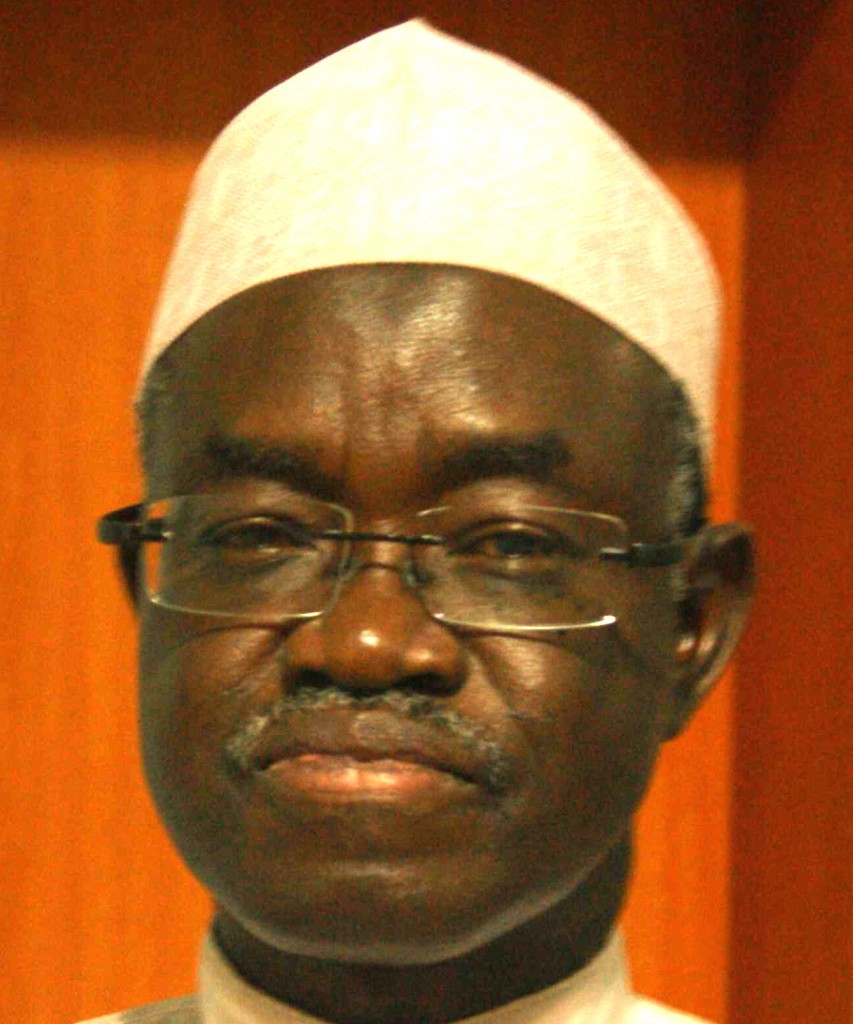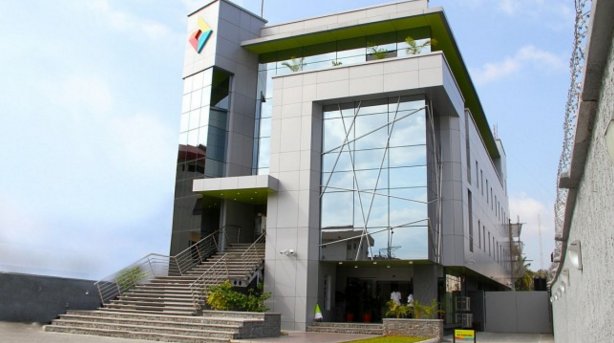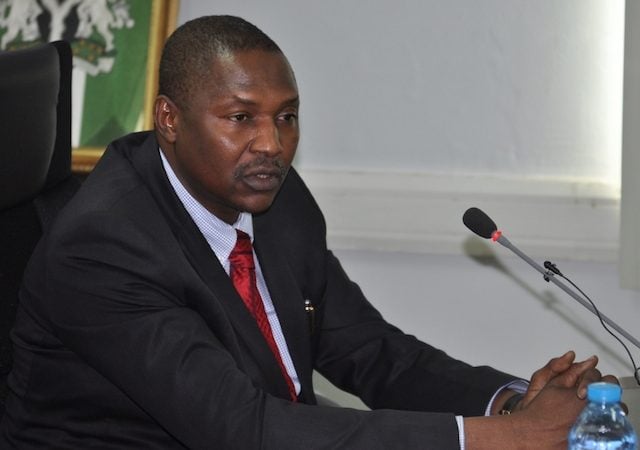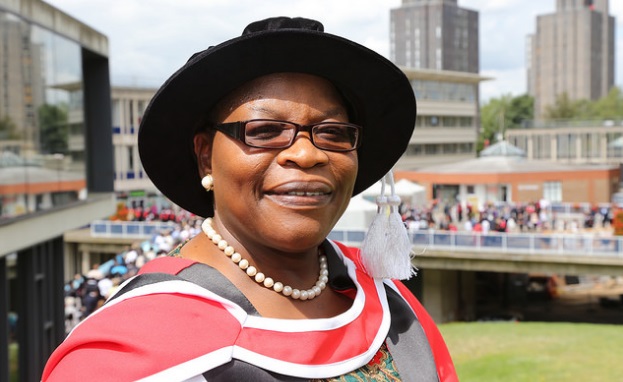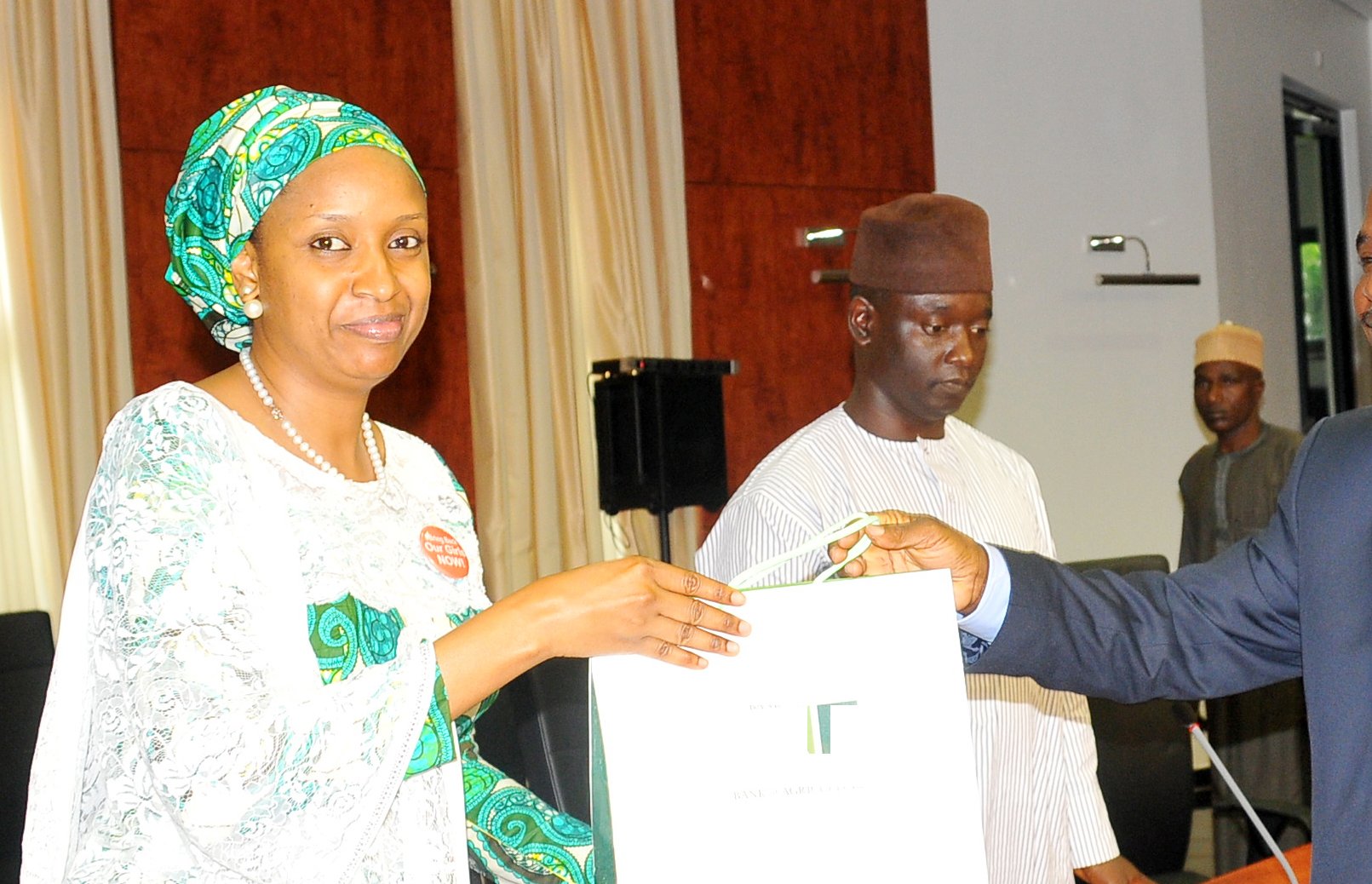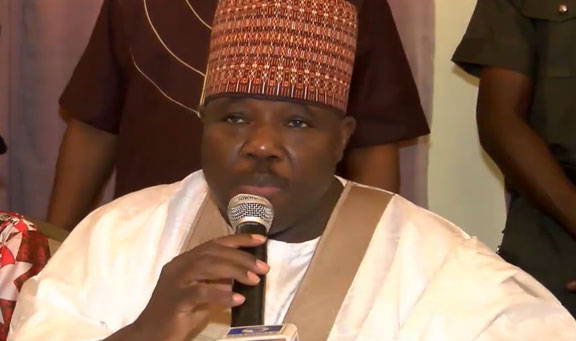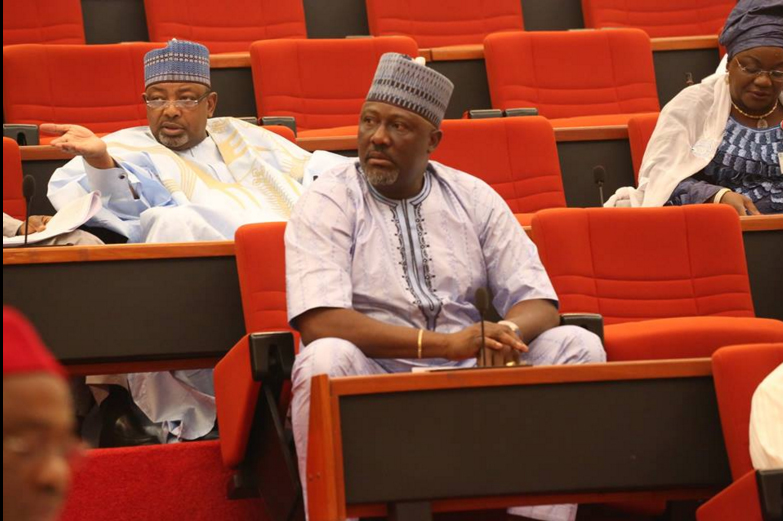Among the most effective propaganda weapons the South has used all too often to denigrate the North has been the claim by its politicians that their Northern counterparts have always believed they were “born to rule.” One of the most frequently cited evidence in support of the claim is the motto of Niger State which is “Power State”, never mind the fact that the motto refers not to the status of the state as home of two former military heads of state but rather to its status as home of all three hydroelectric power stations in the country.
As is the case with all successful propaganda, the peddlers of the born to rule Northern complex have never let any fact get in the way of their claim. Alhaji Umaru Maikaura Ali Shinkafi, CON, Marafan Sokoto, the Nigerian spymaster who died on July 6 in a London hospital at 79 after a long illness, was a great symbol of one of the facts that belied the “born to rule” propaganda.
Over 18 years ago the man sacrificed what had been an excellent political career by agreeing to be the running mate of Chief Olu Falae in a merger of his political party, the then All Peoples Party (APP), with Falae’s much smaller Alliance for Democracy.
The AD had failed to meet the criteria of national spread for registration as a political party during General Abdulsalami Abubakar’s 11-month transition programme into the current Republic. This failure presented the authorities with a dilemma; register it as the party of the most vocal politicians in the country or face its formidable propaganda machine. The dilemma was solved by allowing AD to swallow the bigger APP. Apparently this paved the way for Dr. Ogbonnaya Onu who had emerged as the presidential candidate of the APP before the merger to be swapped with Shinkafi since a wholly southern ticket would have been a no-show for the new AD.
Advertisement
Shinkafi’s acceptance of his role as second fiddle to Falae when he could have easily beaten the AD chieftain in a free and fair primaries following their merger, was in submission to a decision, which looked like an act of contrition, the Northern Establishment had apparently taken after “June 12”, to ensure that the next elected president of the country came from the South, preferably the South West, home of Chief MKO Abiola the putative winner of the June 12 1992 presidential election which was inexplicably annulled two weeks after by military president, General Ibrahim Babangida.
It is a reflection of the measure of success of Southern propaganda against the Northern Establishment that people easily forgot that the road to “June 12” was paved with the unjustified crippling of the presidential ambitions by General Babangida of political stalwarts like the Marafa, himself a pillar of that Establishment. It is also a reflection of that same measure of success that the public also easily forgot that several Northern leaders like late General Hassan Usman Katsina and Malam Adamu Ciroma who, like Marafa, was banned by Babangida’s military presidency as a presidential aspirants in 1992, stood up publicly for “June 12.”
For Shinkafi the 1998 AD/APP merger must then have been a political anti-climax following his great political success story. That story started in 1991 after one of the most successful careers as policeman and spymaster. He was Commissioner of Police in the original Oyo State when he was appointed by military Head of State, General Olusegun Obasanjo, in 1975 as Minister of Internal Affairs whose main brief was internal security.
Advertisement
This put him in good stead to succeed Colonel Abdullahi Mohammed as the second Director General of the National Security Organisation (NSO), established by Obasanjo in the wake of the February 1976 coup attempt which claimed the life of Obasanjo’s predecessor, General Murtala Mohammed. The NSO was a merger of the Special Branch of the Nigeria Police Force and the Research Department of the External Affairs Ministry.
Shinkafi was DG for four years under President Shehu Shagari. He left in the second month of Shagari’s second term, reportedly because the president ignored his warning that the military was plotting a coup against him. A month later the military struck.
In 1991 he threw his hat into the complex political arena of General Babangida’s transition programme. That decision brought him into political rivalry in 1992 with Malam Adamu Ciroma, hitherto a somewhat senior political ally.
Both sought the presidential ticket of the National Republican Congress, one of only two parties which Babangida created and funded for his transition programme. The NRC was “a little to the right” and the other, the Social Democratic Party (SDP), “a little to the left.”
Advertisement
The presidential primaries of the two parties, first in August and then in September, saw Ciroma emerge as winner with Shinkafi a close second from a crowded field of many contestants. This led to demands by Shinkafi’s supporters for a run-off.
In the SDP, the late Major-General Shehu Musa Yar’adua emerged a clear winner followed by Chief Falae, a distant second from a similarly crowded field of contestants.
In both parties, but even more so in SDP, the losers cried fowl, albeit not without some justification. Justified or not, however, the soldiers soon obliged the huge demands for the cancellation of the primaries. First, the results of the primaries were cancelled. Then in October after two days of deliberations, the Armed Forces Ruling Council (AFRC) dissolved the executive councils of the two parties, the NRC under Chief Tom Ikimi and the SDP under Ambassador Babagana Kingibe. They were replaced by caretaker committees under Lateefat Okunnu (NRC) and retired AVM Ishaya Shekarau (SDP).
As if to complicate matters even more for the disorganized and quarrelsome politicians, Babangida announced in a nationwide broadcast on November 17, that he has been forced by the disorderliness of the politicians to ban all contestants in the botched primaries in future elections and to move the original January 3, 1993 date for handing over to an elected president to August 27, exactly eight years after he ousted Major-General Muhammadu Buhari in a bloodless palace coup.
Advertisement
That change shifted the balance of power within the NRC from Ciroma as the party’s disputed front-runner to Shinkafi whose presidential campaign organisation, “Choice ‘92” had been one of the most formidable in the country. For, by the time new conventions were held for the two parties, the candidate backed by Choice ’92 for NRC’s presidential ticket, Alhaji Bashir Tofa, handily beat the one backed by Ciroma’s organisation, Alhaji Samaila Mamman. Choice ’92 candidates also swept five key positions in the party hierarchy, including the chairmanship.
As we all know Babangida’s eight-year transition came to grief on November 17, 1993 when his Minister of Defence, the wily and reticent General Sani Abacha, overthrew the transition government Babangida had installed under Chief Ernest Sonekan because it became impossible to hold another presidential election before the military president stepped aside on August 27.
Advertisement
Chief Abiola himself had, ironically, led the June 12fers in pleading with Abacha to throw out Sonekan in the mistaken belief he would hand over power back to Abiola. He obliged them all right, but kept the power to himself for five years and looked set to continue by swapping his khaki for mufti when he died mysteriously in June 1998, one month ahead of Abiola’s equally mysterious death.
Abacha was succeeded by his Chief of Defence Staff, General Abubakar under whose 11-month transition programme AD swallowed its much larger APP with Shinkafi as the running mate of Falae. AD, as we all know, lost the presidential election to the Peoples Democratic Party under General Obasanjo, a former commander-in-chief of Abdulsalami.
Advertisement
It was in this state of political anti-climax for Shinkafi that he finally bowed out of active politics primarily due to a decline in his health. Even then he remained a keen observer and commentator of politics.
As an active participant, observer and commentator of politics he was consistently critical of the participation of retired generals in politics. Their participation, he always argued, was mainly responsible for the poverty of Nigeria’s politics because their military mentality would not allow them to appreciate the need to question orders before obeying them.
Advertisement
In this he was in the good company of politicians like Alhaji Balarabe Musa, the radical one time governor of Kaduna state. There was a difference between the two, however; whereas Shinkafi argued that retired generals should voluntarily steer clear of politics, Musa was always for banning them by law.
Clearly, the irony was lost on Shinkafi that as a top securocrat he was closer to the military than to civilians. That did not stop him from being a widely respected and successful politician whose skills would have made him a great president.
May Allah grant the Marafa aljanna firdaus.
Add a comment
